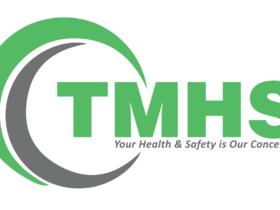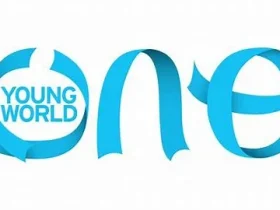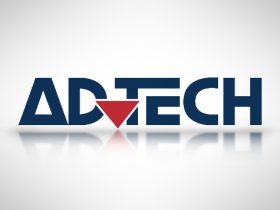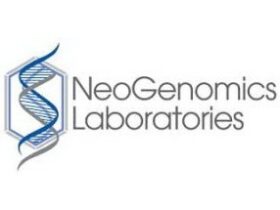Individuals within the IT leadership job family have responsibility for activities that contribute to planning, creating and implementing an IT vision and strategy aligned with the company’s strategic business plan. They oversee the development of corporate standards, technology architecture, technology evaluation and transfer. They manage small to large teams of people responsible for developing and delivering IT solutions for the business and customers. Each role within this job family provides technical and business leadership to their organizations as well as to the business.
IT Leaders are also responsible for analyzing trends in technology, assessing the impact of emerging technologies on the business, providing solutions to address technology and business issues, and managing financial resources while ensuring the development of high-quality technology solutions. These solutions must be developed at the best possible cost and be aligned with customer and business needs while establishing relationships with employees and key internal and external stakeholders. They are also responsible for participating and leading the development of an IT governance framework that defines the working relationships and sharing of IT components among various IT groups within the organization.
To be successful, individuals must possess a combination of business, technical and leadership skills and competencies. This requires an understanding of client’s business needs, processes and functions. They also need a solid knowledge of IT infrastructure, architecture, applications development and support, networks, and computer operations. In addition, individuals working in this job family must have excellent communication skills and the ability to influence others.
KEY RESPONSIBILITIES:
Business & IT Strategy:
Develops functional or departmental IT strategy. Ensures alignment with overall enterprise-wide IT strategy.
Directs the development and implementation of integrated IT initiatives to support business strategies.
Change Management:
Initiates change to improve business results and leads change initiatives.
Provides frequent, communication to department/organization and clients about the change (i.e., rationale, expected outcomes, the “big” picture) and the impact of the change (individual and business).
Builds a coalition of sponsorship (managers, staff and clients) and manages resistance to the change.
Identifies and removes obstacles to change.
Governance:
Participates in the governance board that defines the IT mission, oversees operations, and determines IT investments, and pricing and product strategies.
Architecture:
Manages the development of a technology plan for functional/assigned area of responsibility.
Implements solutions consistent current and future architecture.
Process Improvements:
Initiates and directs the improvement processes that impact customer satisfaction and relationships.
Actively reviews and improves upon processes and is accountable for ensuring that they are followed.
Coaches team about corporate decision-making processes, prioritization, and IT/business-unit alignment.
Finance:
Manages the development of IT budgets.
Tracks budget and takes appropriate steps to stay within budget.
Integrates high-quality services while continuing to optimize cost across multiple departments, processes and functions.
IT Technology Development:
Oversees the development and implementation of technology solutions that supports desired enterprise-wide business results.
Service Level Agreements (SLAs):
Works with business groups and service providers to establish SLAs that support business objectives.
Monitors and modifies SLAs as required.
Ensures internal SLAs are met.
Vendor Management:
Provides advice and counsel to the vendor relationship decision-making and contract development processes.
Ensures contracts are in place.
Ensures service provider performance is reviewed and that contract managers are notified when necessary.
Resource Management:
Meets regularly with team to gather work statuses.
Discusses work progress and obstacles.
Provides advice, guidance, encouragement and constructive feedback.
Ensures work, information, ideas, and technology flow freely across teams.
Establishes measurable individual and team objectives that are aligned with business and organizational goals.
Documents and presents performance assessments.
Recognizes and rewards associates commensurate with performance.
Implements organizational practices for staffing, EEO, diversity, performance management, development, reward and recognition, and retention.
Workforce Planning:
Forecasts new skill requirements based on emerging technologies and customer demand.
Ensures staff has the resources and skills needed to support all work initiatives within multiple functions and COCs.
Participates in IT workforce deployment activities.
KNOWLEDGE, SKILLS & ABILITIES:
Required:
Bachelor’s or Master’s Degree in Computer Science, Information Systems, Business Administration, or other related field. Or equivalent work experience.
Typically has 10 to 15 years of IT and business/industry work experience. Willingness and ability to travel domestically and internationally, as necessary.
At least 3 years of experience in managing multiple, medium to large cross-functional teams or projects, influencing senior level management and key stakeholders.
Requires demonstrated ability to launch and deliver multiple, concurrent IT projects on time and within budget.
Willingness and ability to travel domestically and internationally, as necessary.
Effective in written and verbal communication in English.
Work Environment:
The position requires ability and willingness to travel domestically and internationally up to 25% of the time.











